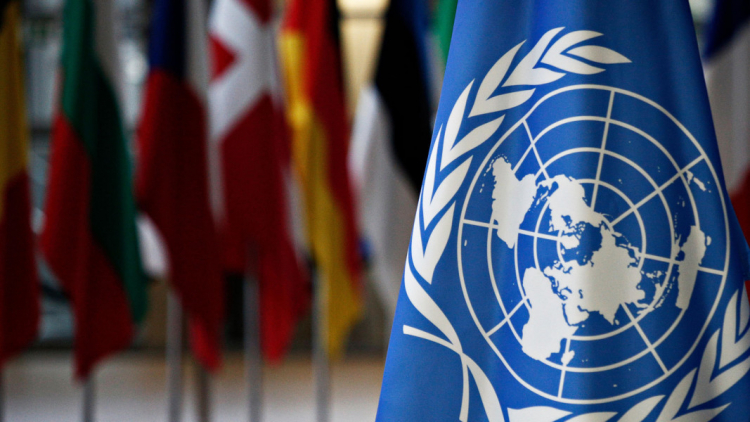The Loss of Trust in Global Governance

There are many subjects that stick out like sore thumbs during this unprecedented time of global pandemic. Many of these topics have been discussed within these very pages; and many other articles that detail the retreat of nations from the international stage to cope with COVID-19 inside their own borders. The spread of COVID-19 has shifted national priorities to forego their international ones. Even Germany and France, two stalwart members of the European Union (EU) and freedom of borders in Europe, have closed their own; with some nations in Europe such as Austria enforcing even stricter border closure measures. For many, these measures have heralded the end of globalisation as the interconnectedness of economies and cultures is increasingly viewed as a perpetrator of this virus and that instruments of global governance have ultimately failed as nations retreat into themselves, searching for solutions to their own crisis. In times such as these, it is the very measures that the international community has put in place – measures that ensure globalisation and global governance – that will prove the most effective averting an even greater catastrophe.
As has been noted, the COVID-19 crisis has, in turn, created another crisis of larger proportions. Though the health concerns of this disease, and the impact on human life, are incredibly real and significant with nearly 3 million confirmed cases as of late-April, this number will only increase once the spread moves farther into fragile states. While true that lessons can be learned from Asian, European, and American responses to the dissemination of COVID-19, the 58 countries listed by the Organisation for Economic Co-operation and Development States of Fragility, do not have the capacity to cope with a pandemic even if they were to take every best practice and learn every lesson imaginable. There is still time. COVID-19 has yet to fully hit these nations (see below). A return to global governance can help ensure that these nations are able to cope.
Image Credit: OECDThis is not to say that these nations are being left to fend for themselves. Indeed, many nations continue to support the most vulnerable. For example, the United States has increased their aid to reinforce health systems worldwide to the tune of 200 million USD, while France’s response maintains that global priorities to end COVID-19 must include Africa – where many of the pains and devastation of Ebola are both very real and still incredibly present. Even still many of these countries were part of the Highly Indebted Poor Countries (HIPC) initiative or the Multilateral Debt Relief Initiative (MDRI) and the effect of economic collapse could prove more dangerous. This economic crisis is one that effects all – and will test every economy in the world, even those countries and regions not heavily indebted. To recover from the economic impact of COVID-19 will take a real global effort.
In addition to the serious economic and health concerns related to COVID-19, come the fallout from ignoring security concerns. These crises are nothing new, and a global overcorrection towards the health sector would doom millions. With many peacekeeping missions severely hampered by the spread, the UN still plays a vital role in protecting human life worldwide. In addition to UN missions, peacekeeping and peacebuilding initiatives by other international organisations, such as the Organisation for Security and Cooperation in Europe (OSCE) and the International Committee of the Red Cross (ICRC) to name a couple, rely heavily on global cooperation. Moving away from globalisation and global governance would only create a more dangerous world.
The mechanisms that have been put in place through a strive to build a more inclusive, globalised world still remain vital to combating every obstacle introduced, or exacerbated, by COVID-19. Global governance has a crucial role that cannot be taken up by one nation. Indeed, even a US withholding of funding from the World Health Organisation (WHO) cannot, nor should it, undermine the importance of the role the organisation plays in worldwide governance. Even in regards of the US decision, other nations – namely Germany – have looked to bridge the funding gap left by the US. In terms of the economic fallout, the likes of which the world has never seen, the International Monetary Fund (IMF), the World Bank, and the G20 can help mitigate the devastation this could cause to those HIPC/MDRI nations; and, in fact have made calls for debt relief and debt holidays in addition to providing assistance of over 150 billion USD.
While the world has seen the rise of populist movements that prioritise the national over the international, COVID-19 should be seen as a wake-up call. This is a disease that knows no borders; and while closing borders can, and has been seen, to arrest the speed of diffusion, it will not be sustainable in combating the simultaneously occurring crises that COVID-19 has presented to the world. Only through international organisations can we successfully combat COVID-19, ensure the protection of the most vulnerable, and economically recover. If there was ever a time to trust in global governance, this is it.








